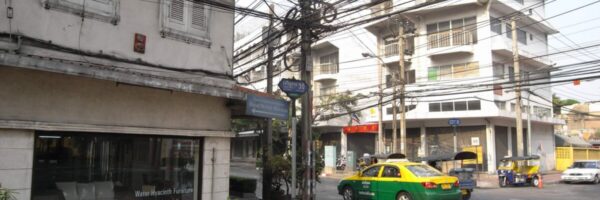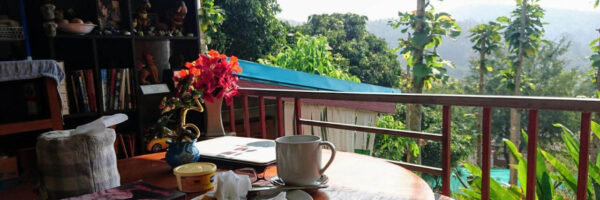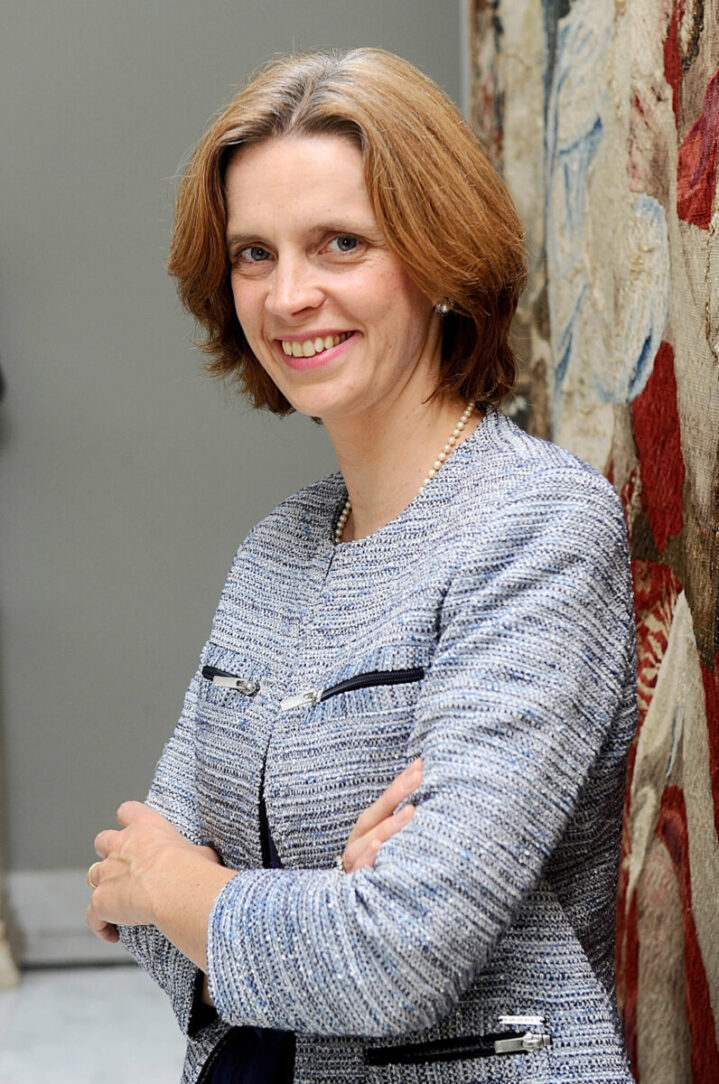
H.E. Ms. Sibille de Cartier d’Yves The Belgian Ambassador to Thailand, Cambodia, Myanmar and Laos
Expat Life in Thailand were privileged to be granted the first interview with the Belgian Ambassador to Thailand H.E. Ms. Sibille de Cartier d’Yves.
Ambassador good afternoon to you. May I start with asking how long have you been the Ambassador to Thailand? Did you arrive to Thailand from home, or were you posted somewhere else before?
Good afternoon to you. I arrived in Thailand in September. I am accredited for Thailand and also for Cambodia, Myanmar and Lao. For the previous four years I was Ambassador of Belgium in Egypt, responsible for Egypt and Sudan.
Where are you born and brought up?
I come from Belgium where I was brought up and studied.
At which age did you decide you wanted to become a diplomat?
As a student in international relations, diplomacy had been in my mind for a few years as a possibility after completing my studies. I became a diplomat directly after university. I registered for a national competition and was lucky enough to go through at the first trial.
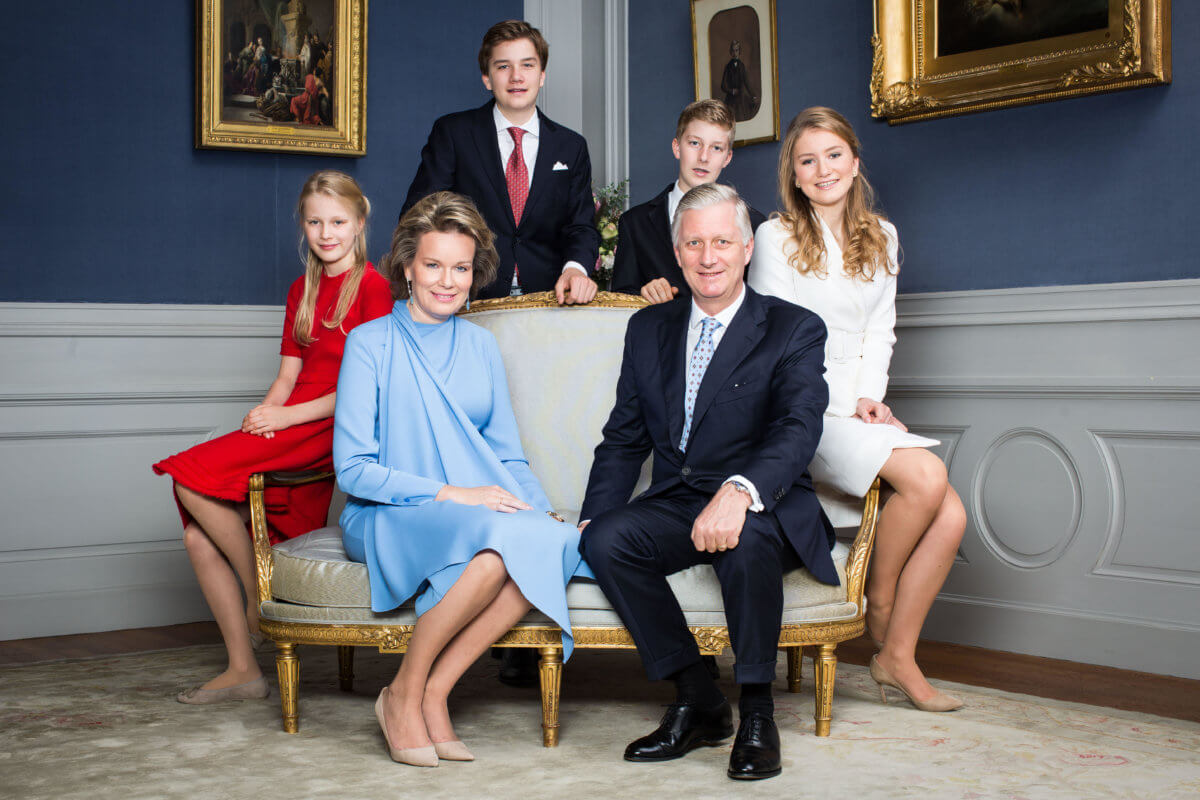
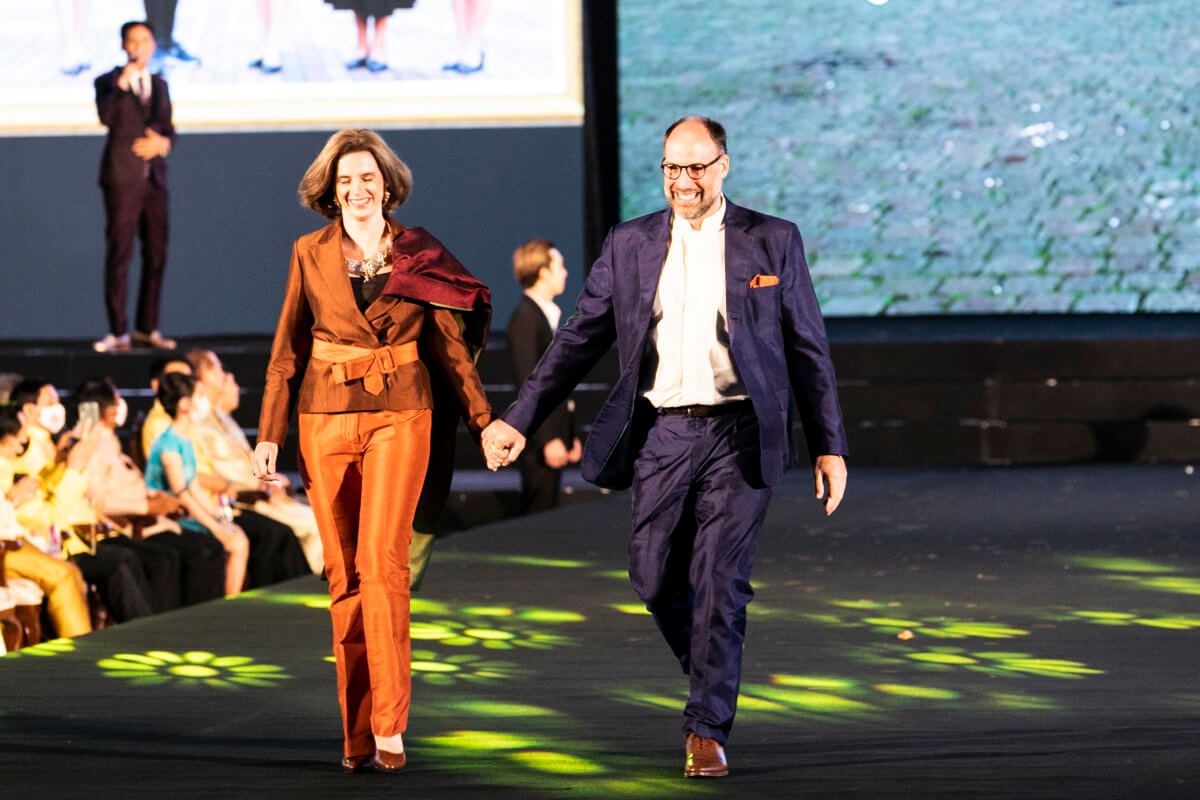
Do you have other diplomats in your family?
There are no other diplomats in my close relatives. Although one of my ancestors is however a very known Belgian diplomat who was Ambassador in London during the second World War. We are not directly related – as he had no children.
How do you look at Thailand today? Have you had any obstacles since you arrived?
I arrived in the middle of the Covid crisis with all the regulations and complications that it implies. It was therefore of course more challenging than usual to arrive in these circumstances. I also had to go through quarantine with my family to enter Thailand. We are however lucky to experience a life inside Thailand which is relatively normal, which is quite exceptional these days. The recent increase of cases has of course caused some new measures to be taken but I am convinced that the quick actions taken will allow the situation to normalise quickly.
As a middle income country, Thailand has developed very quickly in the last decades and is not the country it was twenty years ago. These rapid changes are naturally an opportunity – it has created welfare and allowed Thailand to develop its infrastructures considerably – but it also creates challenges for the society, as changes are very rapid. I am impressed by a lot of the things I see in Thailand – the country is usually well organised and has health services that are a model for the region – our citizens living in other countries in the region often come to Bangkok when they have more complicated health issues to deal with.
On the other hands, like everywhere, there is also room for improvement in many fields. Belgium is one of the countries involved in road safety, which is increasingly an important focus of the authorities, and where we have best practices we are happily sharing. The consequences of the Covid crisis on the people in Thailand is of course without doubt a point of attention. It has also increased inequality in the society. It will surely be a priority of the leadership of this country in the future.
Do you see any similarities between your country and Thailand?
Belgium and Thailand are both in the heart of their regions and attached to multilateralism and cooperation. Belgium has been a motor of the European integration and Thailand has played a key role to develop ASEAN.
We are also committed to sustainability and I am eager to increase cooperation in this regard. We also are two monarchies with friendly relations between our royal households for centuries.
Both countries are also very green and have a lot to offer for visitors, from landscape to history. Belgium is much smaller in size however, so you don’t need a aeroplane to travel around the country. On a more anecdotal note, it is the first country I am posted to where it rains more than in Belgium – usually known for its rainy weather!


Do you have children?
I have two teenagers at home. They have been moving from country to country with us for a while now.
How do you look upon your work here? What does an average day look like?
My days are quite diverse, it is one of the privileges of my work. The variety of my work and the people I meet is really what I prefer in my job. I have meetings with the Embassy staff daily and at European level regularly. I also meet Belgian nationals – our associations, businessmen or other nationals. I also meet regularly officials, businessmen or the civil society from Thailand or the other countries I am accredited for – to understand the country better and to strengthen the cooperation between our two countries. And sometimes I meet also colleagues from other Embassies or attend their events.
With the team of the Embassy, we spend our time between three main tasks: firstly, supporting the Belgian nationals – with administrative issues or consular assistance, secondly, supporting the economic and commercial activities between Belgium and the four countries of our jurisdiction and thirdly, understanding the situation in the countries we are responsible for and strengthening the bilateral relations between these countries and Belgium. There is never a dull day, even though the current circumstances have an impact on our work and the way we are able to do it. It surely requires more creativity these days.
As every Ambassador, I assume you have some goals you really would like to fulfil before you leave Thailand. May I ask what they are?
2020 has reminded us that unpredictability was part of our equation and part of my task is to take this into account in the work of the Embassy. The circumstances are quite unusual so I am aware this will affect our work at least this year and probably further. We are now integrating the lessons learned in 2020. As I said earlier, our first priority as an Embassy is to take care of our citizens and to strengthen the bilateral relation. With four countries, it is surely an important task. We have specific items on the agenda with Thailand, including the update of an extradition treaty, the discussion of a social security agreement, academic cooperation and much more. Belgium is always keen as well, as a country attached to multilateral cooperation, to support the work of the European Union and with the entire team of the Embassy. I will of course pay attention to this aspect of our work. The European Union is an important partner not only of Thailand, but also of the other countries I am accredited to. We are also attached to the UN and multilateralism in general. We will surely make sure to support the UN agencies in their work in the region to ensure, in partnership with the countries concerned, the Sustainable Development Goals targets can be achieved. This will surely be also an important focus for me in the years to come.
Have you managed to travel yet in Thailand? May I ask what is your favourite destination in Thailand?
I only arrived a few months ago so I still have a lot to discover. It is too early to talk about favourite places as I just had time to visit a very few places. Please ask me this question again in at the end of my mandate.
So far I have enjoyed to travel outside of Bangkok and see other parts of the country. In all countries where I have been posted, I have extensively travelled inside the country, as it is an important element to understand it better. So far, I have been to Phuket and Pattaya on business trips and I took a few days off in Koh Kood. I am eager to discover other areas of Thailand very soon, notably the Northern region.
When you have a day off, what do you do? Do you have any special hobbies?
I like to discover new places, so I will surely try to discover more of Bangkok and Thailand, and hopefully soon – when regulations allow – also the region. I spend time with my family whenever I can and it takes an important part of my time outside of the office. I enjoy reading and swimming and I practice fitness and yoga.
How many of your countryfolk are living in Thailand? When and why did Thailand become a desirable destination for your people?
About 3,500 Belgians are registered with the Embassy but we suspect many more are enjoying life in Thailand. You will find Belgians all over the country but more particularly in Bangkok, Pattaya, Phuket, Chiang Mai and Khon Kaen. The good weather and friendliness of the Thai people are definitely important elements in the choice of our retired Belgians spending their time here. Belgians have been increasingly present in Thailand in the last three decades.
Do your country and Thailand have any exchange programmes for students today?
As an EU member, we are of course part of the Erasmus mundi programme which allow students from all over the world to study in the framework their university years in a European universities, including Belgian ones of course. Belgium – through its communities, in charge for culture – also offers a few scholarships for students – from Cambodia notably. Our universities offer English speaking programmes that are increasingly attracting students from abroad. Belgian universities and high schools have a great ranking among European universities, even though they are not always as known as other European universities abroad. It is interesting to note for example that the University of Leuven topped in 2020 for the fourth year in a row the ranking of Europe’s most innovative universities.
It is not often known that a large number of internationally famous scientists come from these institutes, including four Nobel Prize winners for Medicine, three Nobel Prize winners for Peace, one for Literature, one for Chemistry and, very recently, a Nobel Prize for Physics (François Englert, for his research on Higgs particles).
If you could choose your next destination, where would you like to go?
I just arrived so it is far too early to think about that. I will first concentrate on the new adventure that Thailand is for my family and myself.
Any memory from Thailand that you’d like to share with us, an awkward situation, a fun moment etc?
Our first encounter with a water monitor was a funny moment. None of us had never seen one and we were not very sure what it was, having lived in Africa and met a few crocodiles, we were perhaps more worried than we should have been. It caused much merriment within our families afterwards.
We have also had a nice discovery moment – as I had never used a motorcycle before and we discovered it at the same time as my children during the holidays. They probably enjoyed it more than me I think!

Do you regularly meet up with your community?
Meeting with the Belgian community is an important part of my job and I always like to discover what our community does when I travel around the country. The Belgians are usually discrete and I like to highlight what they do and connect them when needed or possible with other actors.
For instance Belgians discretely organised food distribution in Phuket to support the local community various times since the beginning of the crisis. We have Belgians that established themselves here and created beautiful and innovative enterprises, from chocolates to furniture or mattresses. We also have people here who discretely and graciously give their time for noble causes. There is much to say and I definitely want to support the visibility of the Belgian actions in the country.
What else would you like the expat community to know about your efforts?
I am grateful to the diplomatic network in Thailand for their help so far. It is an important support we provide to each other. I am looking forward to working with all of them to achieve our common goals.


